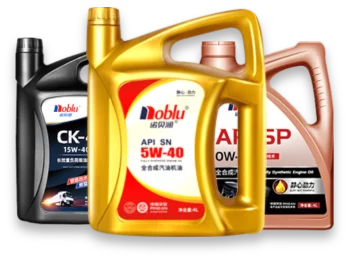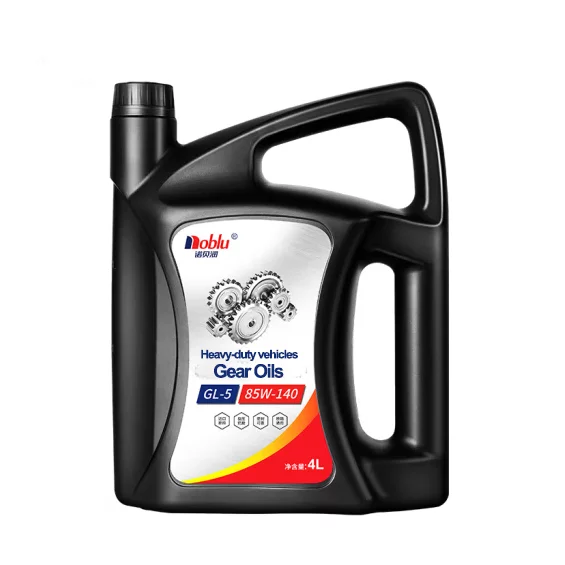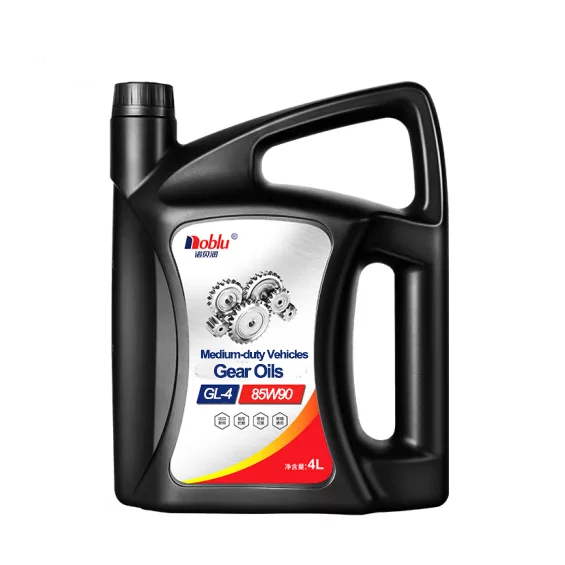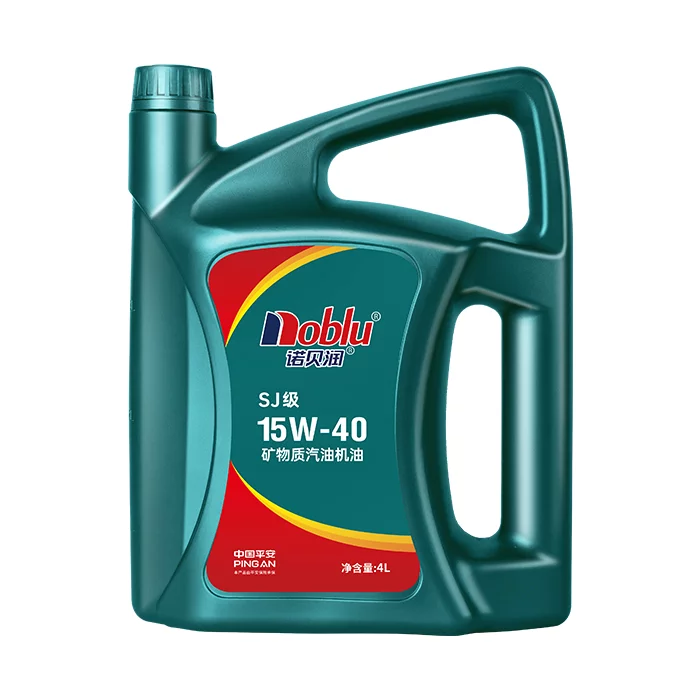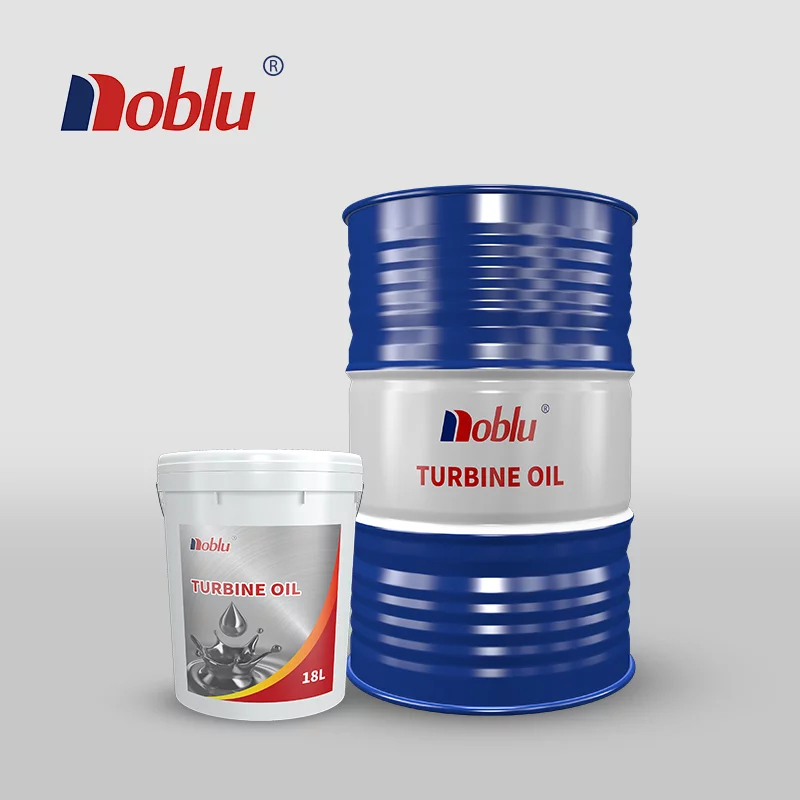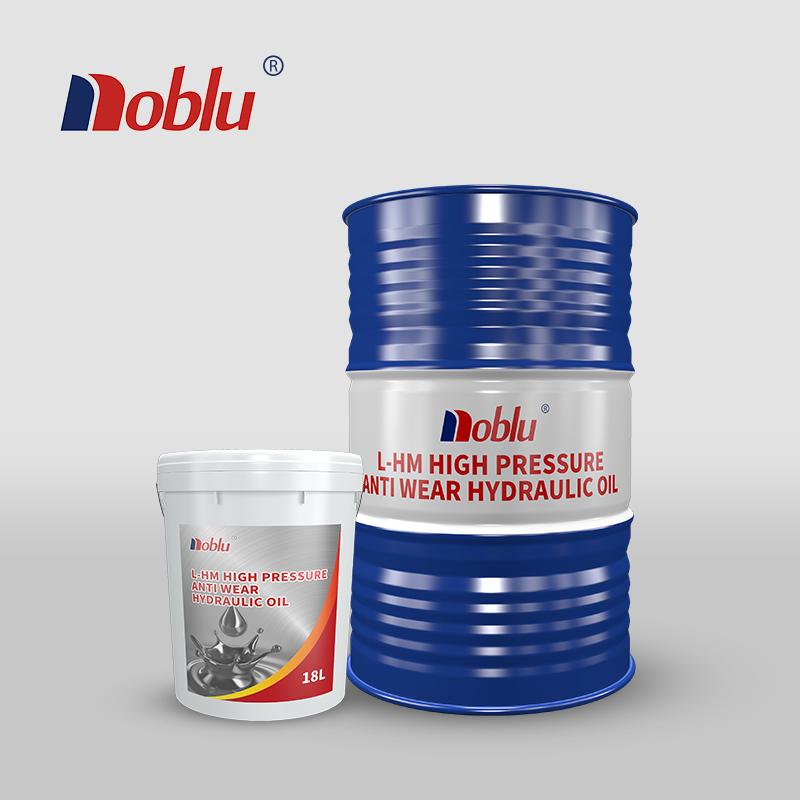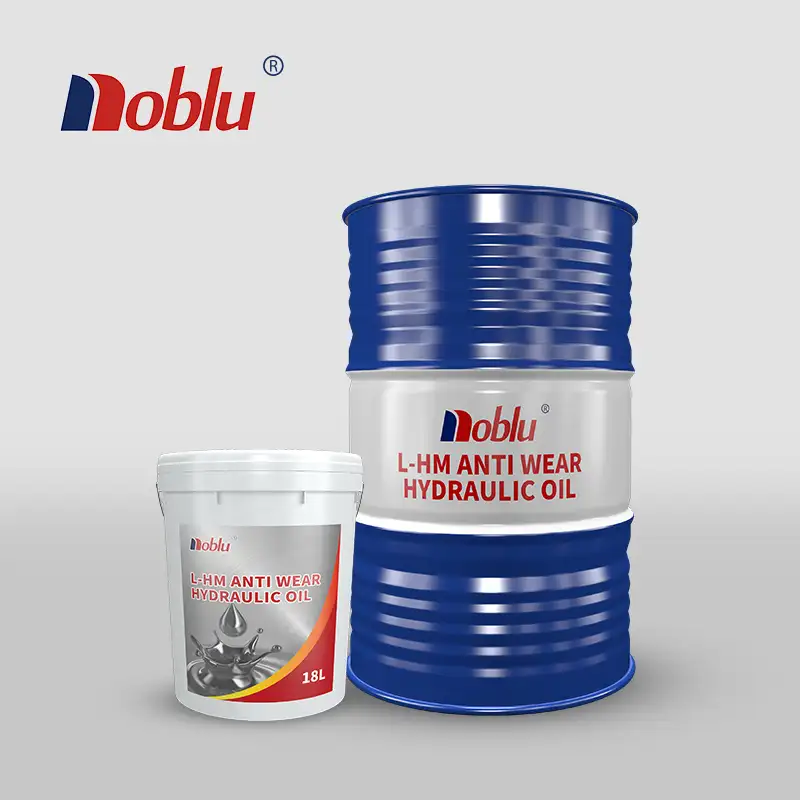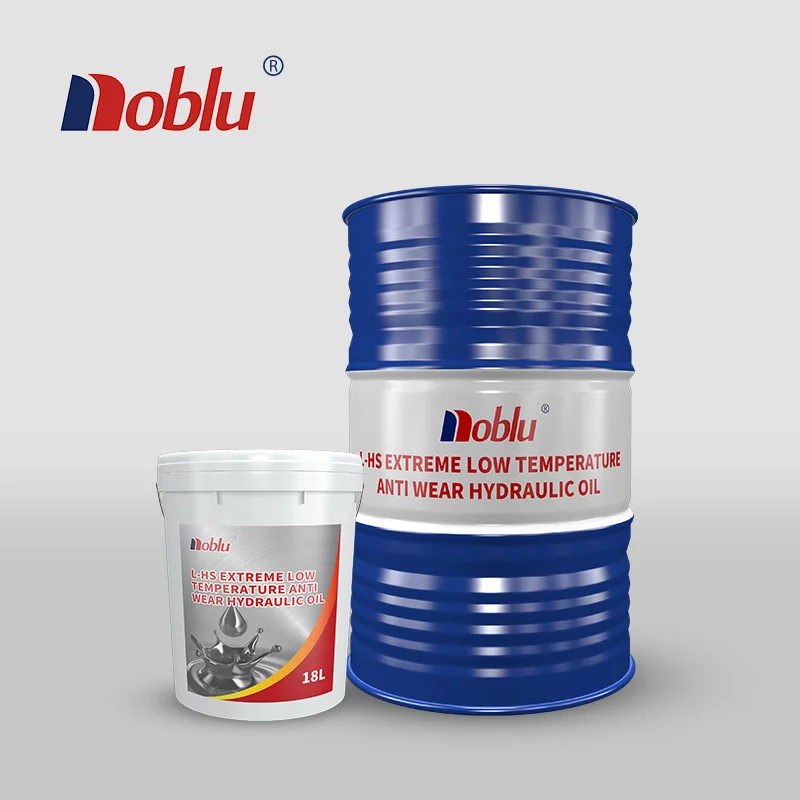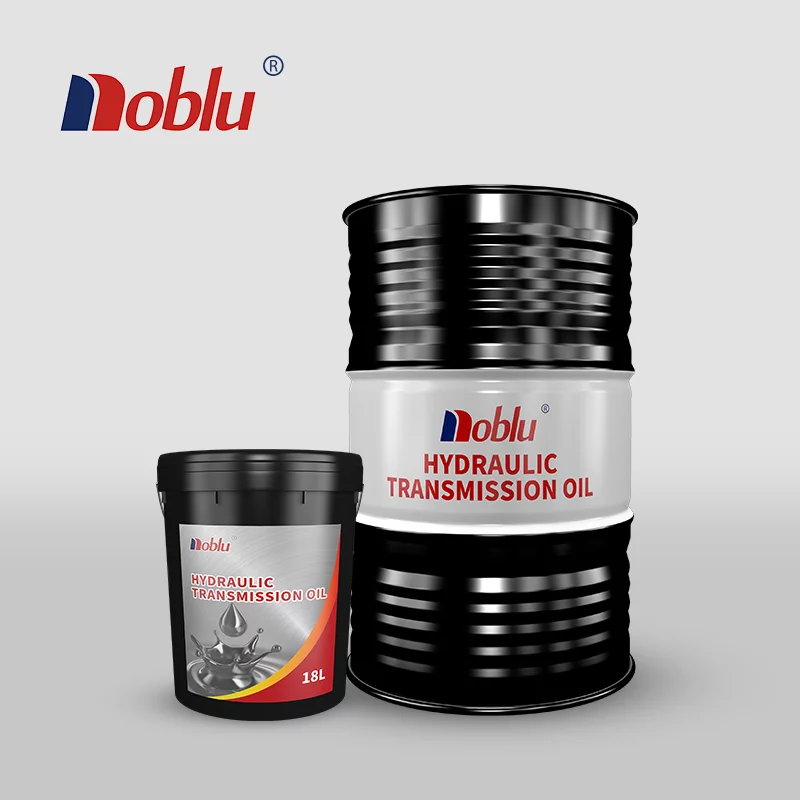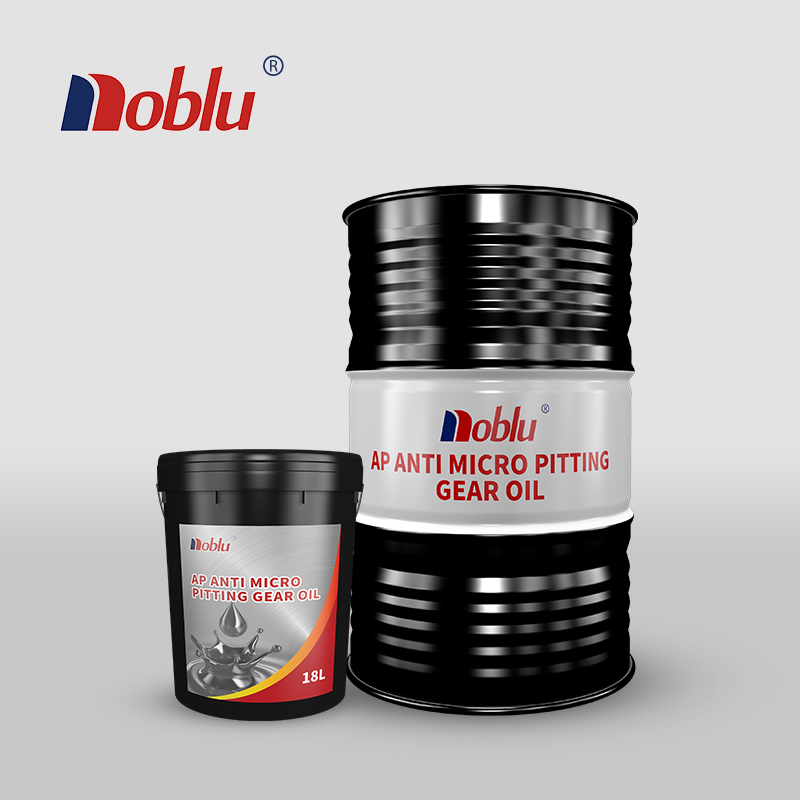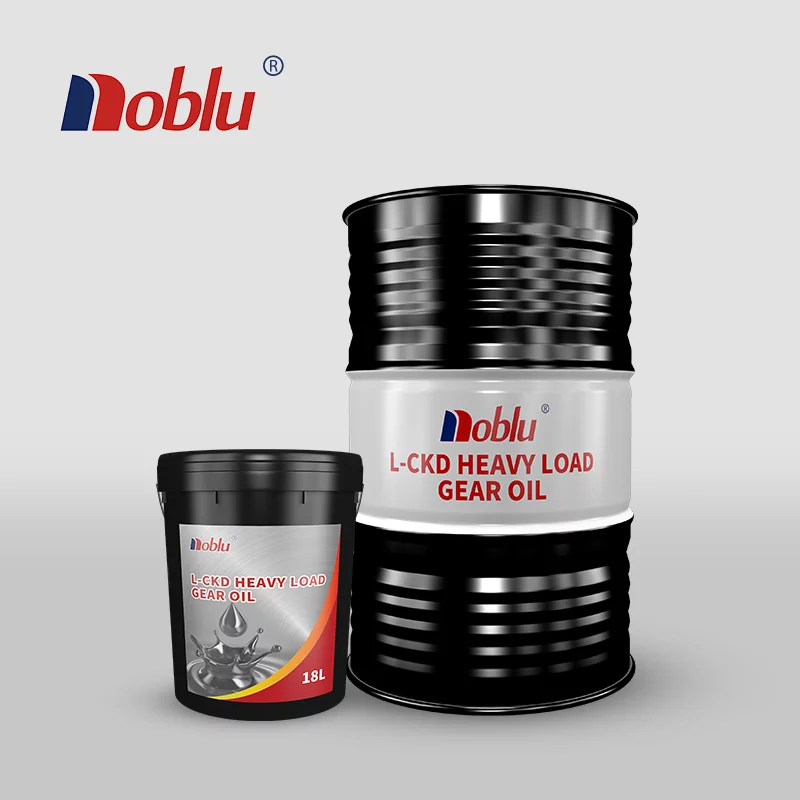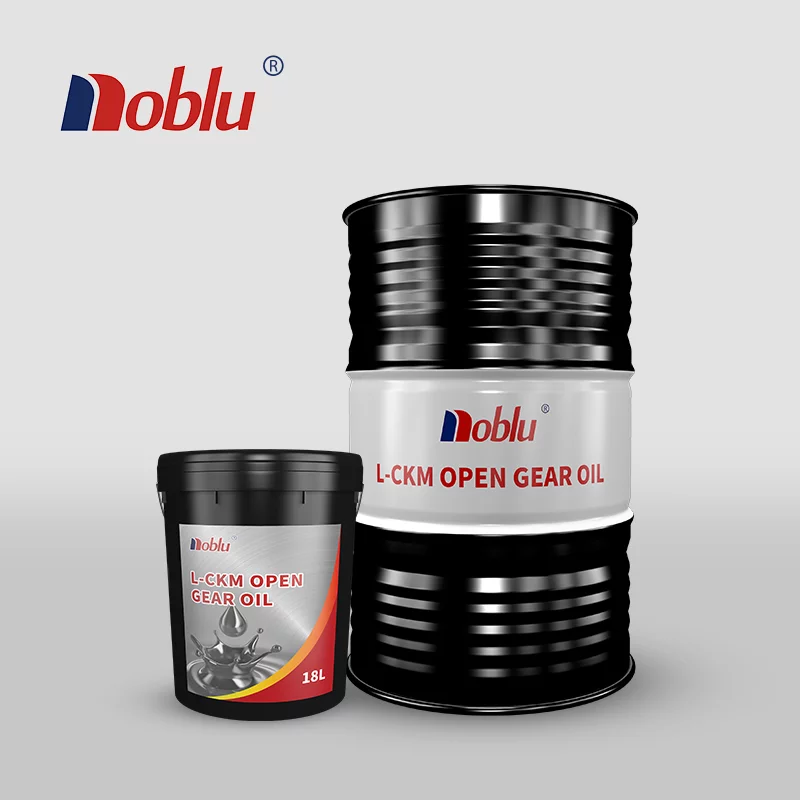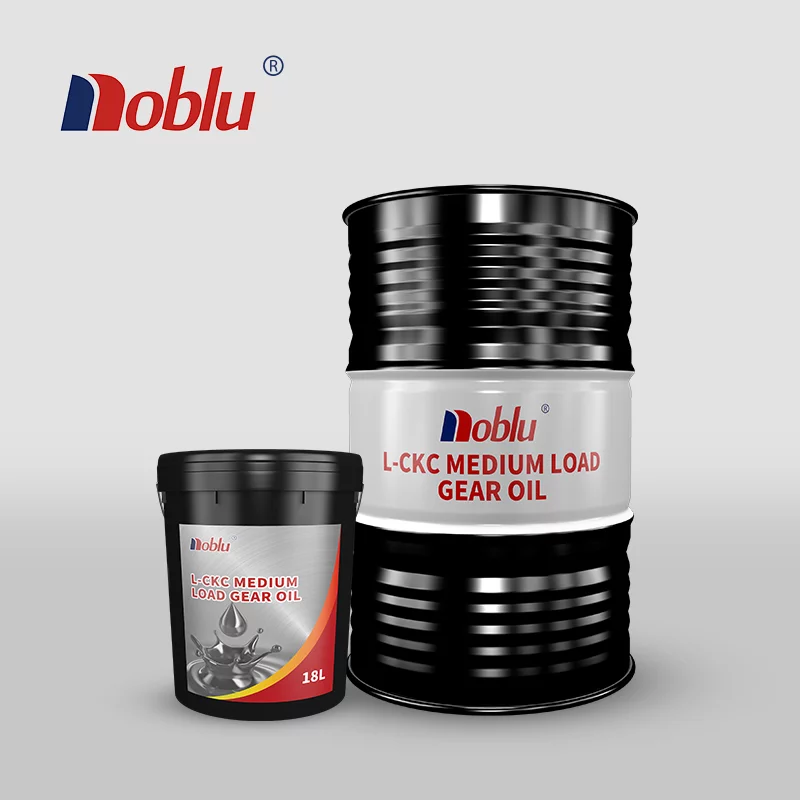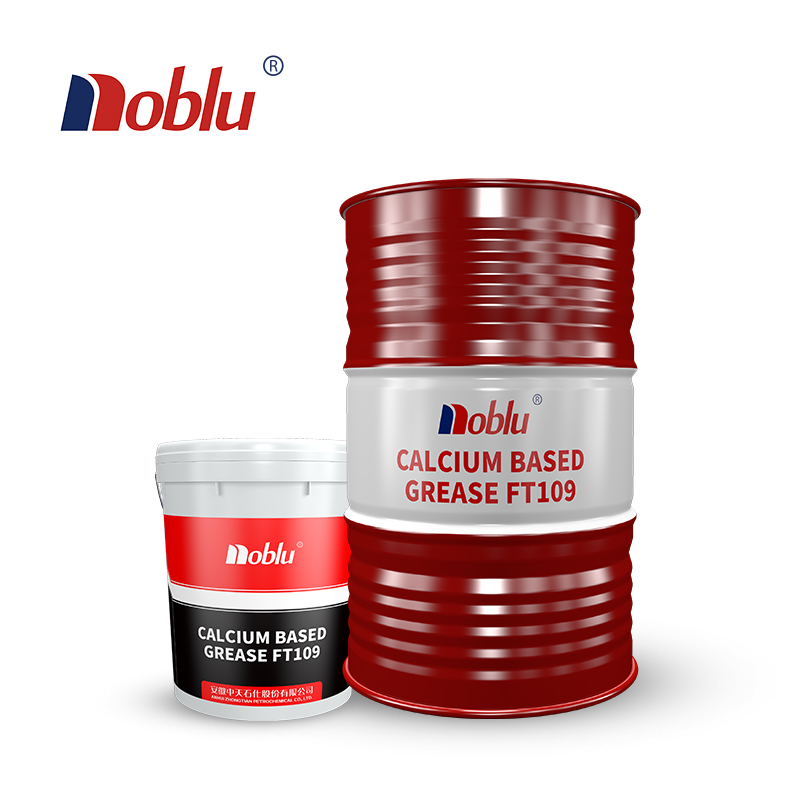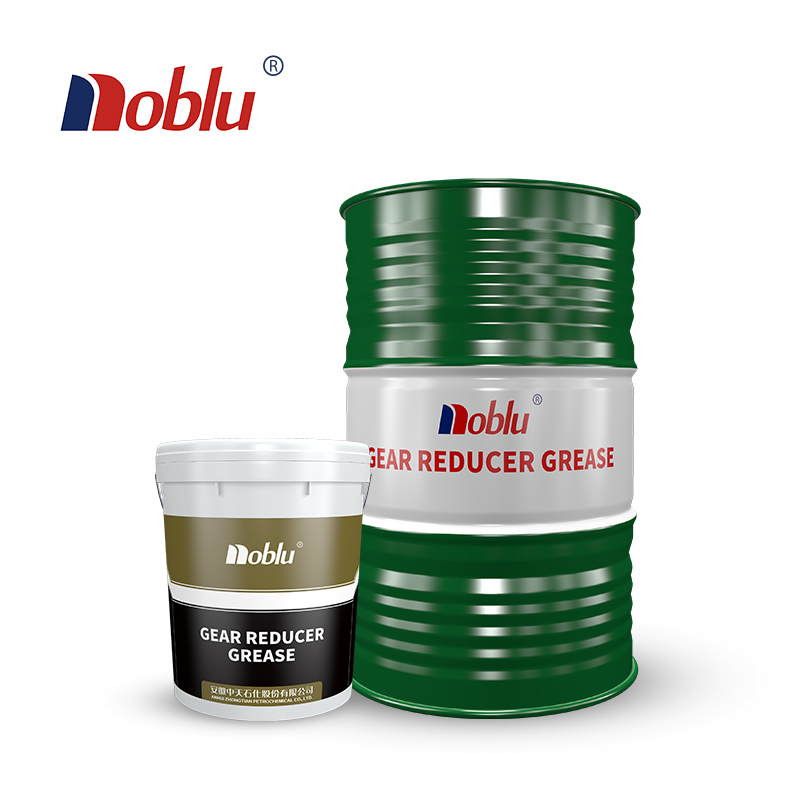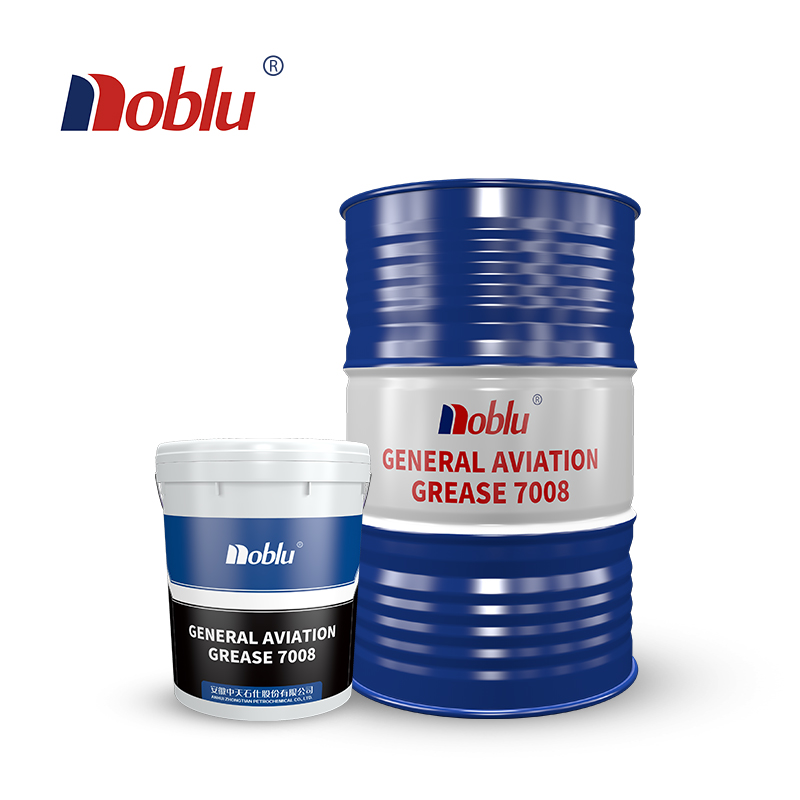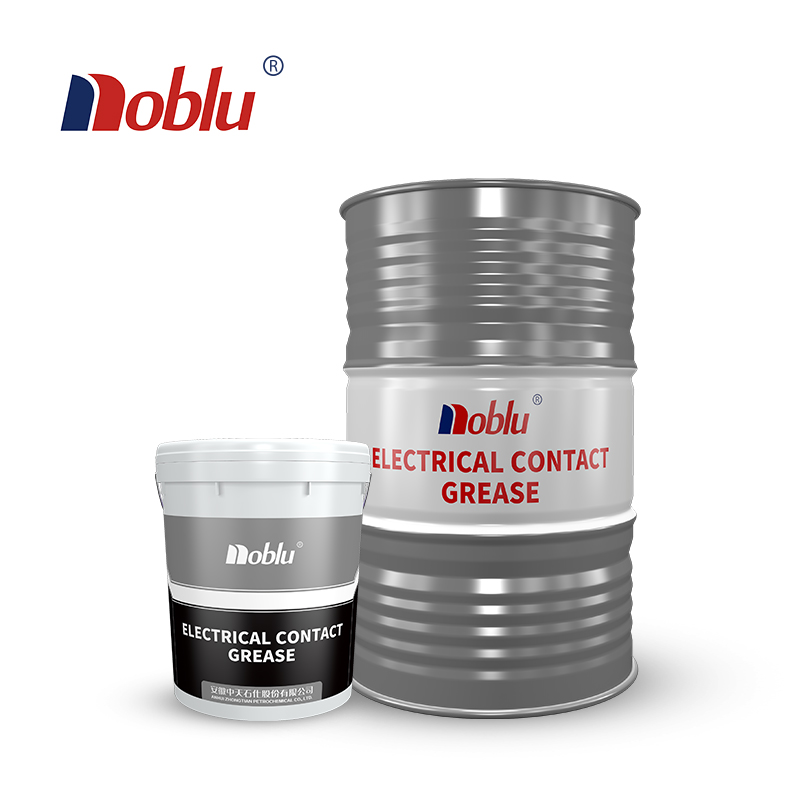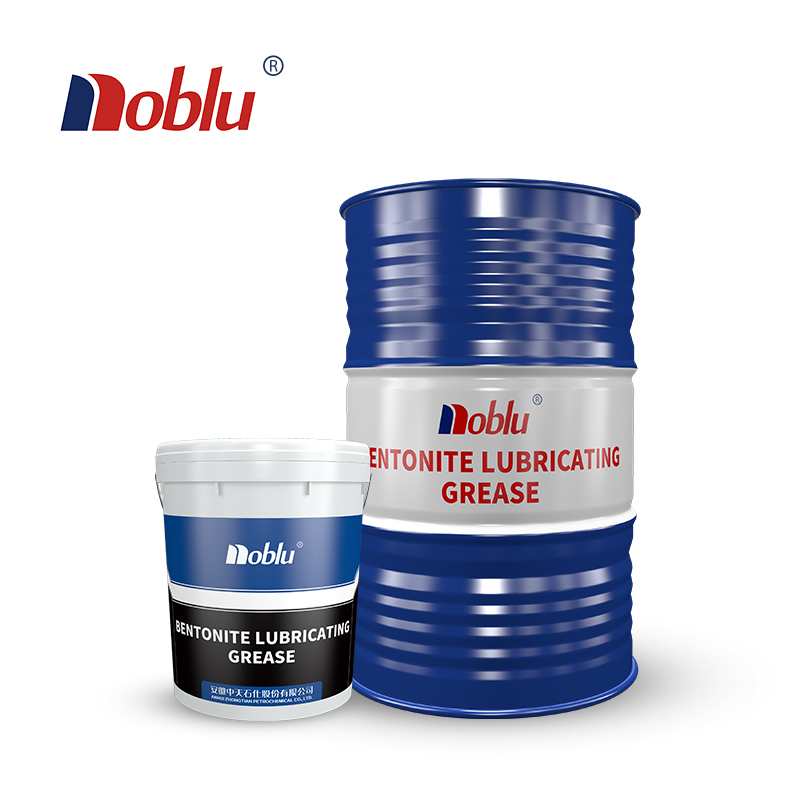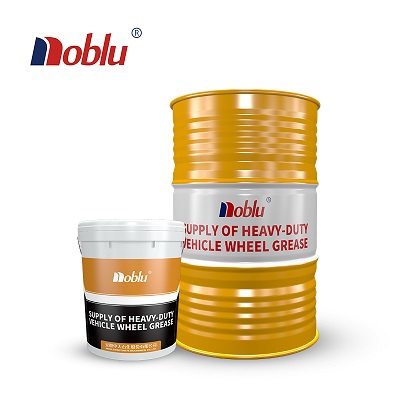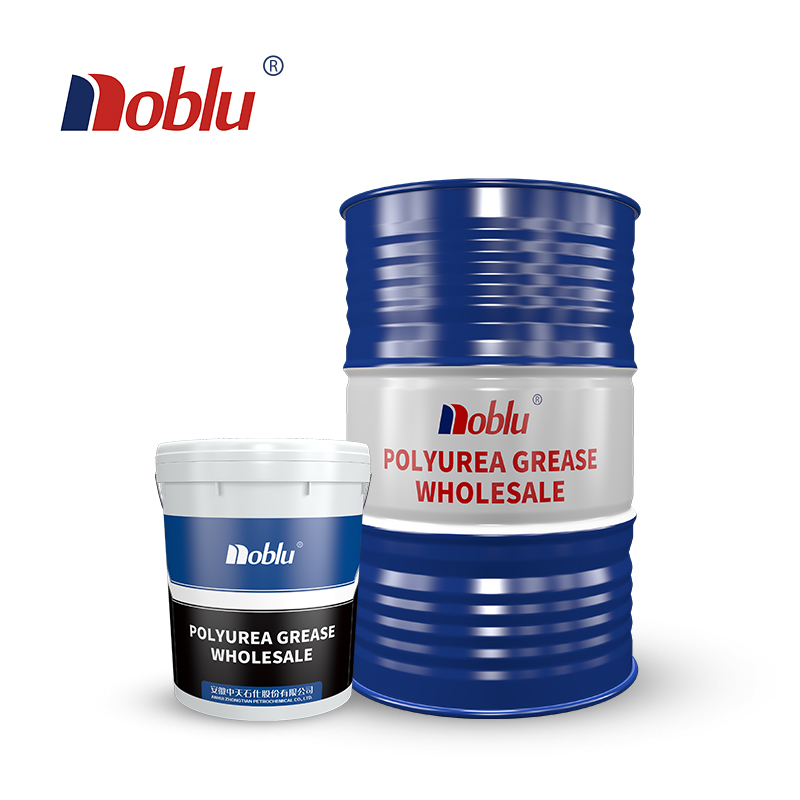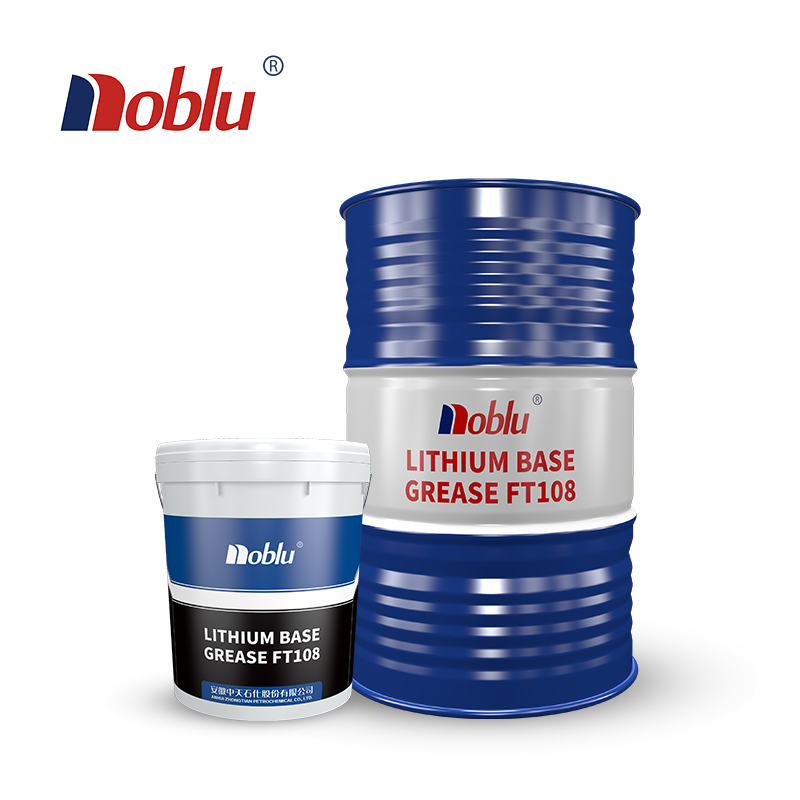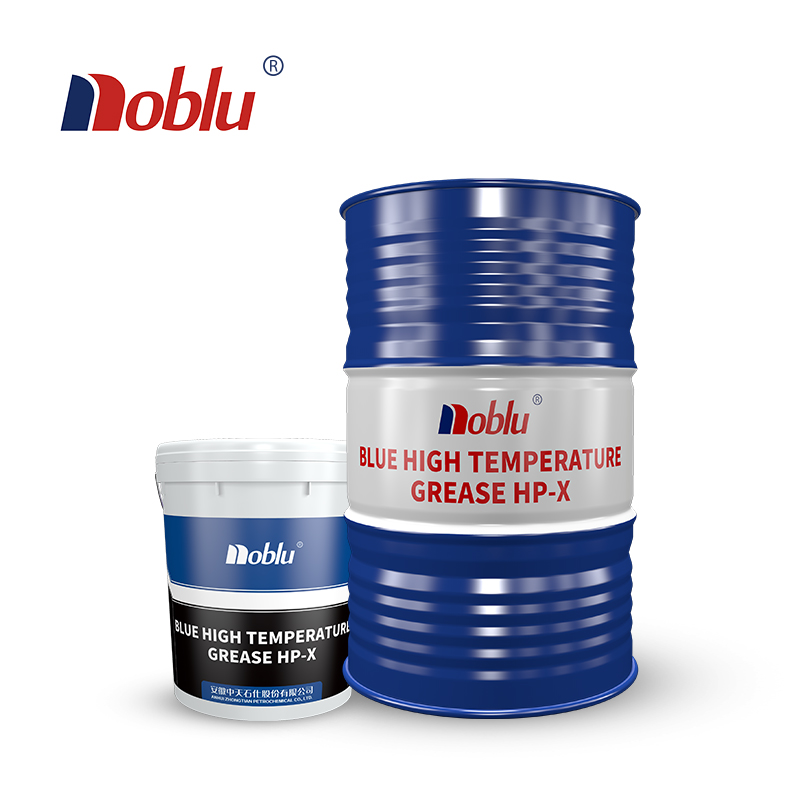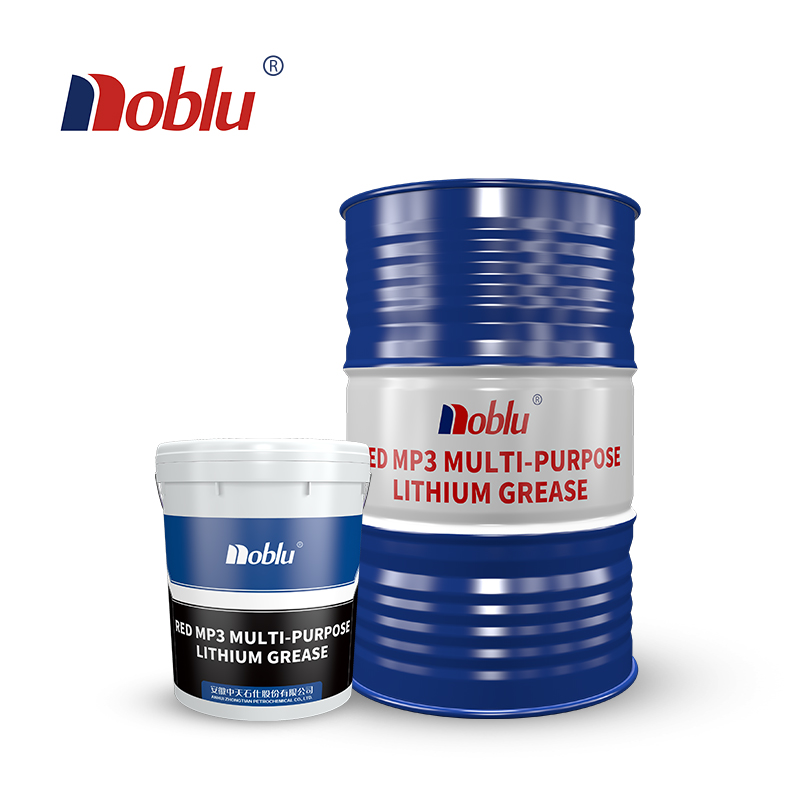Automobile lubricants are an essential component of any vehicle’s engine, as they help reduce friction and wear between moving parts, thus ensuring the smooth operation of the engine. There are several types of automobile lubricants available in the market, each with its unique properties and applications. In this article, we will discuss the different types of automobile lubricants and their uses.
1.Aceite de motor: Engine oil is the most common type of lubricant used in automobiles. It is designed to lubricate the engine’s moving parts, such as the pistons, crankshaft, and camshaft. Engine oils come in different grades, ranging from 0W-20 to 20W-50, and are formulated to meet specific engine requirements. Synthetic engine oils have also become popular due to their superior performance and longer lifespan.
2.Líquido de transmisión: El líquido de transmisión es un tipo de lubricante que se utiliza para lubricar los engranajes y otras piezas móviles del sistema de transmisión. Ayuda a reducir la fricción y el desgaste, que pueden provocar daños en la transmisión. Los líquidos de transmisión vienen en diferentes tipos, incluidos el líquido de transmisión automática (ATF), el líquido de transmisión manual (MTF) y el líquido de transmisión continuamente variable (CVT).
3.Aceite para engranajes: El aceite para engranajes es un tipo de lubricante que se utiliza para lubricar los engranajes del diferencial y la caja de transferencia. Es más espeso que el aceite de motor y tiene un índice de viscosidad más alto para soportar la alta presión y el calor generados por los engranajes. Los aceites para engranajes vienen en diferentes grados, como GL-4 y GL-5, y están formulados para cumplir con los requisitos específicos de los engranajes.
4. Líquido de frenos: El líquido de frenos es un tipo de lubricante que se utiliza en los sistemas de frenos hidráulicos. Ayuda a transferir la fuerza del pedal de freno a las pastillas o zapatas de freno, que luego aplican presión a las ruedas para reducir la velocidad o detener el vehículo. Los líquidos de frenos vienen en diferentes tipos, como DOT 3, DOT 4 y DOT 5, y están formulados para cumplir con los requisitos específicos del sistema de frenos.
5. Líquido de dirección asistida: El líquido de dirección asistida es un tipo de lubricante que se utiliza en los sistemas de dirección asistida. Ayuda a reducir la fricción y el desgaste entre las piezas móviles de la bomba de dirección asistida y el mecanismo de dirección. Los líquidos de dirección asistida vienen en diferentes tipos, incluidos los líquidos a base de ATF y los líquidos a base de sintéticos, y están formulados para cumplir con los requisitos específicos del sistema de dirección asistida.
In conclusion, automobile lubricants play a crucial role in ensuring the smooth operation of a vehicle’s engine and other systems. It is essential to use the right type of lubricant for each application to ensure optimal performance and longevity of the vehicle. Always refer to the manufacturer’s recommendations for the correct lubricant type and grade for your vehicle.

